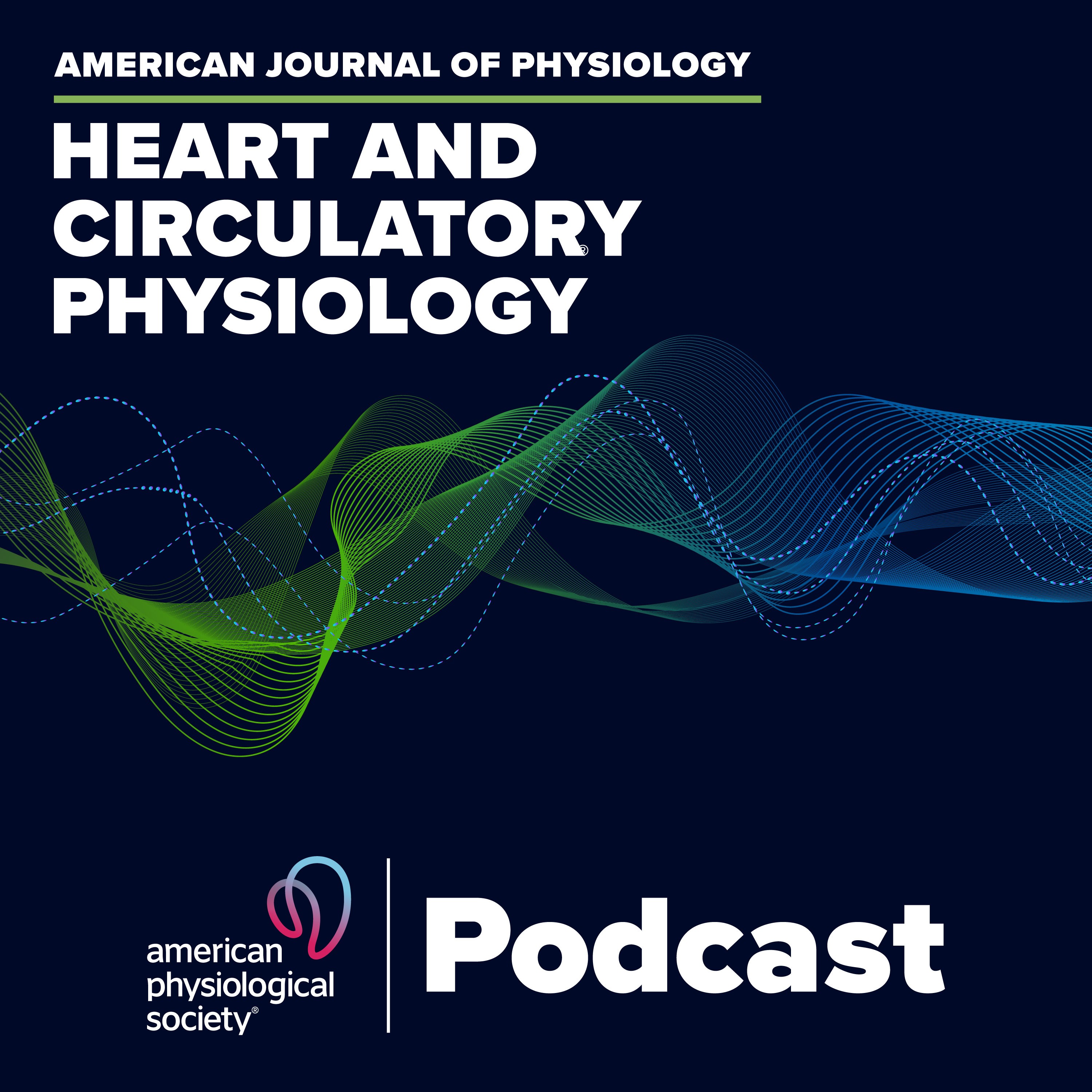GLS1 Inhibition Improves Cardiac Remodeling -- Japanese Language Version
Description
Are failing hearts addicted to glutamine? In this special episode of The AJP-Heart and Circ Podcast, we bring you a conversation in both Japanese and English with Editorial Board member Dr. Junichi Sadoshima (Rutgers University-New Jersey Medical School), Consulting Editor Dr. Jun Yoshioka (City University of New York School of Medicine), and corresponding author Dr. Manabu Nagao (Kobe University Graduate School of Medicine) about the new study by Yoshikawa et al. that explores the interaction between metabolism and pathophysiological cardiac hypertrophy. It is well known that the heart uses various substrates to produce ATP during cardiac hypertrophy. Earlier observations about how cancer cells rapidly consume glutamine during the tumor growth phase led the authors to interrogate the role of glutamine metabolism in cardiac hypertrophy. Nagao and co-authors show that glutaminase is upregulated during cardiac hypertrophy, and that suppression of glutaminase 1 (GLS1) attenuates cardiac hypertrophy. GLS1-mediated glutaminolysis contributes to maladaptive cardiac remodeling by increasing anabolic reactions for hypertrophy and proliferation. Glutamine metabolism is essential for cardiomyocytes. Interestingly, glutaminolysis is activated much faster than glucolysis in response to acute stress. Yoshikawa et al. show that a counter-clockwise shift of the tricarboxylic acid cycle contributes to cardiac remodeling. This study is a game-changer. Listen to learn why.
Sachiko Yoshikawa, Manabu Nagao, Ryuji Toh, Masakazu Shinohara, Takuya Iino, Yasuhiro Irino, Makoto Nishimori, Hidekazu Tanaka, Seimi Satomi-Kobayashi, Tatsuro Ishida, and Ken-Ichi Hirata Inhibition of glutaminase 1-mediated glutaminolysis improves pathological cardiac remodeling Am J Physiol Heart Circ Physiol, published March 30, 2022. DOI: 10.1152/ajpheart.00692.2021
More Episodes
While decreased IL-33 signaling has been associated with preeclampsia, the mechanisms linking this signaling pathway to disease pathophysiology are not well understood. In this episode, Associate Editor Dr. Amanda LeBlanc (University of Louisville) interviews author Dr. Denise Cornelius...
Published 06/04/24
Published 06/04/24
In this episode, Associate Editor Dr. Jonathan Kirk (Loyola University Chicago) interviews author Dr. Ed Lesnefsky (Richmond Department of Veterans Affairs Medical Center and Virginia Commonwealth University) and expert Dr. Chi Fung Lee (Oklahoma Medical Research Foundation) about the new Methods...
Published 05/03/24


